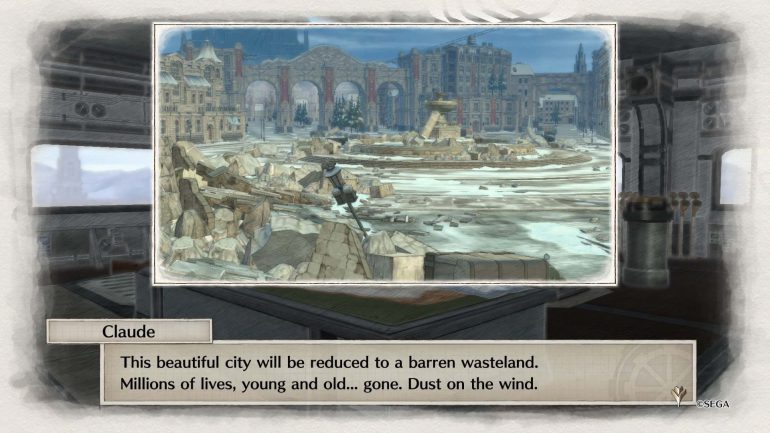 TAG Profiles is a blog series that explores the work of current TAG scholars. Ryan Scheiding is a SSHRC doctoral research fellow in Concordia’s Communication program.
TAG Profiles is a blog series that explores the work of current TAG scholars. Ryan Scheiding is a SSHRC doctoral research fellow in Concordia’s Communication program.
Could you give me a brief overview of the research that you do in your PhD?
My research is on the cultural and collective memory of the atomic bombings of Hiroshima and Nagasaki, as seen in videogames. When I originally proposed the project, the only games series I had in mind were Resident Evil and Fallout, but now I’ve expanded my dissertation to include three examples from Western games and three examples from Japanese games. Right now, the games are Resident Evil II (the remake that was released in 2019), Yakuza 6, and Valkyria Chronicles 4 for Japanese games. As for Western games, I have chosen Fallout 4, Far Cry 5, and Far Cry New Dawn.
And what is the methodology for your research?
For my research methodology, I am creating a typology of game research that I am labeling as “discourse(s) of the past.” It is a combination of collective/cultural memory theory, combined with historiography and game studies. The theory behind it is, essentially, that we can study historiography and other ways of thinking about the past as discourses, and then identify those discourses within video games themselves.
In the context of my research, this would be the extensive discourses on American collective memory of the atomic bombs and Japanese collective memory of the atomic bombs. From that, I have pulled out specific ways of thinking, writing, and talking about the bombs that become a large part of my methodology in identifying “tropes” that you see in video games and attempting to describe why they are there and how they are formulated. Basically, it’s taking that very simple thing that any person who is engaging in media can do where, say, at the end of Japanese piece of media something blows up and they realize: “oh, it’s just like the atomic bombs.” So it’s taking that and describing where that comes from, why it comes from specific places, and how power structures create, maintain, and sometimes change that specific way of thinking.
What part of your dissertation are you currently working on?
I am currently writing the positionality portion of my dissertation, which is part of my methodology chapter. As a biracial indigenous scholar, this is something that’s always been challenging for me to talk about, and is something I certainly didn’t explore enough throughout my PhD because I found it to be a difficult subject. Now that I’m writing it, however, I’m excited to be working on it and I’m hoping to also turn it into a conference paper and maybe even a publication down the line.
You’re nearing the end of your PhD experience at Concordia. What reflections do you have on the degree?
This is another difficult thing to talk about for me because I should be wrapping up by August this year and I am in the process of applying for jobs and post-doc opportunities. I’m still trying to get into the whole headspace of departing Montreal for parts unknown! Part of the application process has been updating my CV and, looking back, I’m very proud of all the things that I’ve done — not only over my last four years at Concordia, but also the years prior during my two masters degrees. I’ve been very lucky to have a supportive supervisor in Mia Consalvo and to have had the opportunity to complete RA and TA work with so many great people here at Concordia.
However, if I would be entirely honest with myself, I did not have the healthiest workflow as a graduate student. One of the reasons that I was able to do all these things is because I was probably pushing myself too hard. So, moving forward, one thing I’m very aware of doing is more self care — and that’s something I would recommend to anyone who may be starting or thinking of doing a PhD in the future. To be successful, you’re going to need to do so many things over such a short period of time, but you can’t let it become unhealthy.
How can people follow you online?
You can check out my website online at www.ryanscheding.ca. I also made a game called Nagasaki Kitty, which is available at www.nagasaki-kitty.ca. You can follow me on Twitter at @ryanscheiding.

